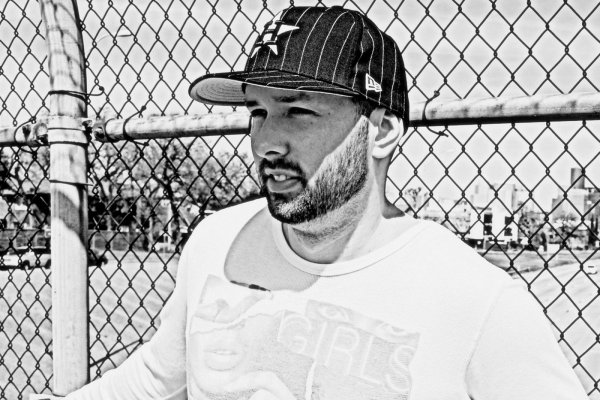A Machine Is Learning Your Music
The music discovery mechanism is becoming better, stronger and more complex than you might have assumed. Discovery is the goal. Releasing your tracks and gaining entry to a major platform’s libraries is just the beginning. Radio Stations have used focus groups to create playlists and formats forever. Apple, Spotify and the other players have a much more powerful tools that produce insights into what their listeners want to hear.
Just like the maps app collecting location data of users traveling with phones to forecast traffic conditions and produce a customised fastest route for you, streaming services rely on the power of the algorithms, networks and their user’s input to produce individually tailored sonic conditions.
The reality is that the way music is fed to the masses has been in a state of flux for a time now. Media press releases have had their time pass in the attention economy and the new reality is that playlist suggestions are far more important, if not essential for the discovery of your music.
Expert Assessment
It’s essentially how they do it over at Pandora. Tracks are labeled by troupe of musicologists tagging releases with similar sonic traits. It’s called the Music Genome Project. Endlessly listening to music and assessing of the track’s attributes to file it alongside the other millions of files. You can already imagine the man hours of work that this creates. Pandora claim their technique results in a more democratic radio experience, but I remain skeptical that this will be a lasting business practice. As a point of difference in the marketplace, this may be useful angle, but probably not economical when scaled to the ability of mere mortals.
What to do?
Pandora claim to promote an artist’s country-of-origin when curating a format, so if you come from a somewhere (as we all do) be sure to get that information out there. Otherwise there is not a lot you can do to affect the musicologists subjective interpretation in this process. It is feasible that the labeling of characteristics begin to pigeonhole artists within styles, and so doing establishing a trend that links artists within genres, audio tonalities and other artist likeness, regardless of an artist adopting a new sound and style. So be aware that if you take a turn toward a new area early in your career, losing your old name might be useful.
Collaborative Filtering
Streaming services have incorporated this to create playlists and suggestions for users for some time now. If artists are mentioned within the same context, platform or media source, then those artists should be associated within an algorithm. Draw that out to the many, many, many content sources existing today and you begin to imagine the scale of the so called ‘Big Data’. Every traditional media outlet, blog, social account, and so on and so forth. Then establish what strength of relationships do artist have with one another. What influencers post about what artists? What artists post about other artists? Do some artists become associated because they are commonly found on the same playlists, DJ sets and/or radio shows?
TL;DR Collect the external information produced online. Analyse associations to determine music streaming curation for the end user.
What to do?
Become associated with similar artists. The algorithms learns that artists are like and liked by those who know. Programmers write weighting measures into the source code to try and generate the strongest associations between artists and releases. Giving more credibility and clout to more prominent or respected sources. Do whatever you can to establish these links in your scene, from taking pictures backstage, posting about other contemporary and established artists, and if you can get posted about by a reputable source, your credibility increases. Basically it looks good for your followers, as well as for the AI analysing that 'impression'.
The best place to start is by planting your own association crop. Compiling these playlists and including your work with similar artists sows the seeds. For a more detailed explanation of the strategy check out Bas Grasmayer’s advice.
AI
AI development is emerging as significant trend in music discovery. People are hailing these innovations as the savior to the financial viability of recorded music and startups working on algorithms analysing the raw audio data are being acquired more frequently as the major platforms seek to improve their services. Technology that simply finds similarity between one wave file with another. Unlike Collaborative Filtering, or essentially tastemaking by the tastemakers, AI analyzes the file, learns the characteristics of that piece of audio and then compiles similar files free of any direct human interference. Any parameter of difference or similarity now builds towards the ‘smart’ suggestions from the library.
The specificity of links between pieces of music is the potential application. Expert Assessment and Collaborative Filtering will tie together certain country music songs as a genre classification, but they are unlikely to produce the complex matrix of individual songs that lyrically refer to trucks, jeans or booze.
What to do?
Don’t get caught up emulating others just because the machine is looking for it. But at the same time be aware of mixing and mastering, lyrical similarities, tones, effects and everything else a genre incorporates to create its signature sound. Because AI has been reading that signature and a million others like it.




